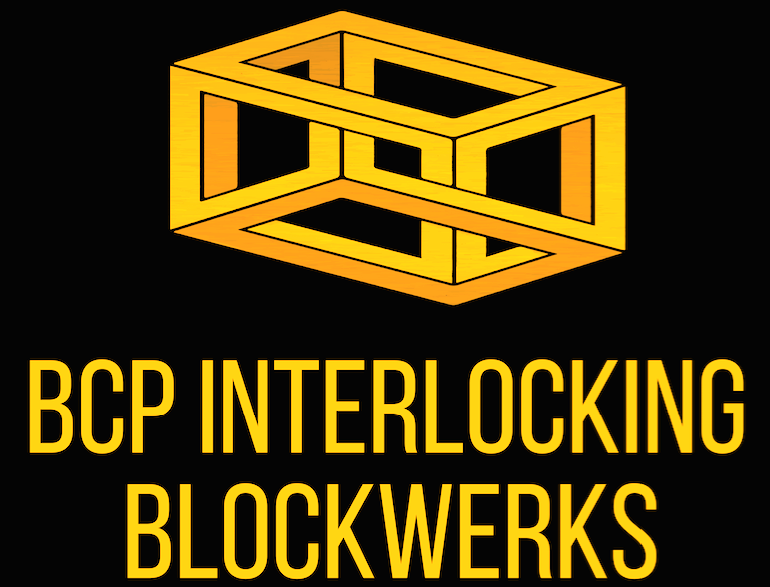Green Power
Just by adopting BCP Interlocking Blocks for construction, our buildings here in Ghana will be among the most eco-friendly in the world by default. How? BCP Blocks are made with our unique and highly innovative formula using laterites (the reddish sub soil we have all over Ghana) as a base, one-thirds of the worlds continental land is covered in laterites and yet we don't really use it for anything. The attributes that BCP Blocks get from our use of laterites, are many, especially the beautiful brownish color of our blocks, the ability to keep the interior of the building noticeably cooler throughout the day no matter how hot the sun gets (similar to the cooling attributes of village mud huts, where it can be blazing hot outside, and yet the interior of the mud hut is so pleasantly cool, you'd think they have air-conditioning.), and finally the drastic reduction of water use in building construction.
Due to our geographic location on the planet, it behooves us to adopt products that can reduce the amount of electricity we use, and drastically cut down on the water we use, both of which BCP Blocks accomplishes with ease, we can now save on electricity use by using BCP Blocks for our construction needs because of its ability to keep building interiors noticeably cooler during the day, which reduces our need to turn on AC or fans, thus reducing the amount of electricity we use country-wide. Regular concrete or sandcrete blocks have much warmer interiors compared to Interlocking Soil Stabilized Blocks and are inferior to BCP Interlocking Blocks in almost every known metric, and yet the benefits we offer go even further past that by being "Green" on top of it all. BCP Blocks reduce the amount of water that goes into a building project by up to 80%! If we can reduce up to 80% of the water we use in the construction of our buildings we would by default be among the "greenest" and most eco-friendly countries on Earth.
BCP Blocks cut down on our electricity use, and drastically cuts down the amount of water we use in construction and does so at a very crucial time in the blossoming of Africa as a whole. The rapid growth of the African continent must and will be powered by "Green" technologies due to the obvious fact that our planet simply cannot withstand another China or India like speed of growth without tremendous damage to the environment and to us, especially now when Sub-Saharan Africa is projected to grow at a faster rate in the next 15 -20 years than China and India did in the past 15 - 20 years. Our goal at BCP Interlocking BlockWerks is to do everything we can to make all the building infrastructure that comes with that growth cheaper than it has ever been in any other part of the world.
Bissa Crown Prince Nikeamah Dabre
